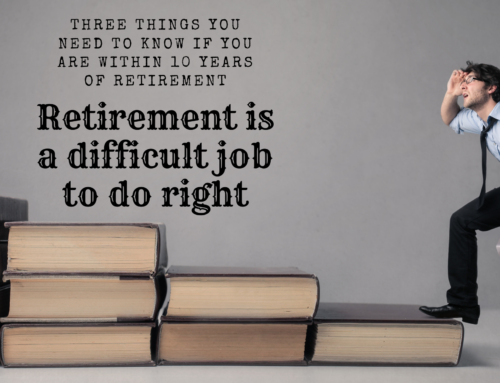Most people are familiar with the word “mortgage” long before they decide to buy a house. But once more specific terms and phrases enter the picture, it can quickly start to feel like you and the financial professional you’re talking to are speaking different languages.
What’s a fixed-rate mortgage? What’s a variable-rate mortgage? Is this a topic you should even care about?
If you’d like an answer to these questions, then you’ll definitely want to keep reading. Here’s what you need to know about fixed-rate and variable-rate mortgages.
Fixed-Rate vs Variable-Rate Mortgages: What Are They?
In basic terms:
- Fixed-rate mortgages refer to mortgages that have a locked-in interest rate. No matter what’s happening in the real estate market or the national economy, if you’re on a fixed-rate mortgage, you’ll pay the same amount of interest on your mortgage until the day you fully pay it off.
- Variable-rate mortgages are mortgages with interest rates that go up and down depending on whether interest rates are rising in general. When you have a variable-rate mortgage, economic changes matter to you. This is because your monthly payments will rise when interest rates are high and will go down when interest rates are low.
Both fixed-rate mortgages and variable-rate mortgages are common mortgage types that lenders offer. That’s why it’s important to be aware of these definitions.
When Should a Fixed-Rate Mortgage Be on the Table?
One of the biggest advantages of a fixed-rate mortgage is the peace of mind that comes with knowing that you’re not going to be paying less one month and more the next.
During times when interest rates may be unpredictable or there may be a sense of economic uncertainty at play, the steadiness and predictability of a fixed-rate mortgage could be exactly what the doctor ordered.
When Should a Variable-Rate Mortgage Be on the Table?
Variable-rate mortgages have the potential to help you save a lot of money in interest over the course of a mortgage. Keep in mind though, that with a variable rate mortgage, your payments not only decrease, but also increase. There are many factors that go into the moving interest rate in a variable rate mortgage.
Investopedia explains this perfectly:
- When there’s more or less credit available: At the end of the day, there’s only so much credit to go around in the economy. If lots of people defer payments or skip out on bills within a certain time period, there’s less credit available to the economy in general. This in turn can have the effect of boosting interest rates.
- Inflation: In an economic environment where the price of everything is going up, lenders will raise interest rates to offset the reduced value of the money they’re getting back.
In short, there are savings to be had with a variable-rate mortgage when interest rates are low, but if interest rates rise, you can end up paying more on any given month due to factors beyond your control.
Which Should You Choose?
This question is a very difficult one to answer because it generally depends on what you value more as a homeowner. Do you want certainty or do you want savings?
And if your answer to that question was “savings”, your decision potentially becomes even more complicated.
With a fixed-rate mortgage, you know exactly how much you’re going to be paying each month. You don’t worry about what’s happening in the national economy because you’re able to focus on yourself and what you can afford.
However, with a variable-rate mortgage, you can save a lot of money if you’ve timed your purchase right. And when you get right down to it, having hundreds or potentially thousands of extra dollars in your pocket due to interest savings is nothing to sneeze at.
Ultimately, it’s a big decision to make and there’s no need to make any snap judgments.
Conclusion
Interest rates and how they’re factored into your mortgage agreement have a direct impact on how much money you’re going to be paying each month. That’s why you can’t go wrong learning about the different mortgage types that might be available to you. The fixed-rate vs variable-rate debate may not necessarily be settled, but now you know exactly what your mortgage specialist or bank is talking about when you hear the terms “fixed-rate mortgage” and “variable-rate mortgage”.






